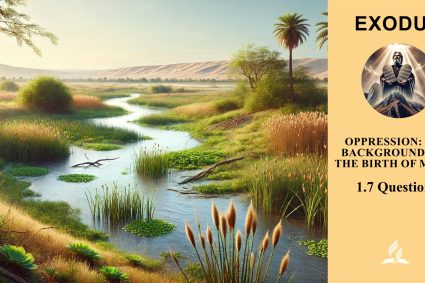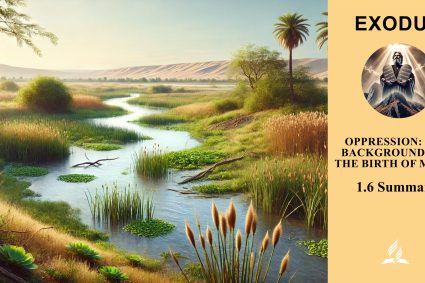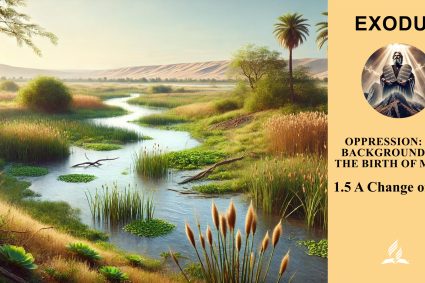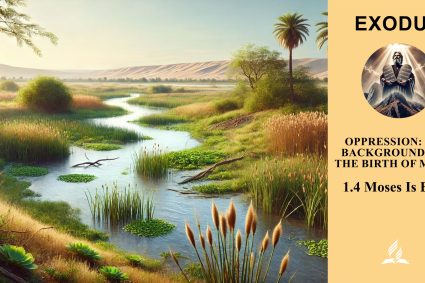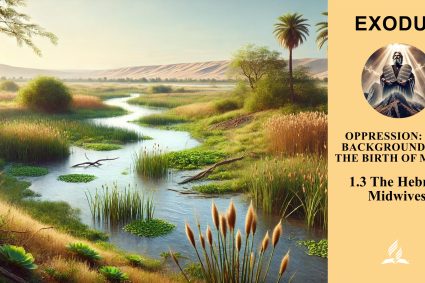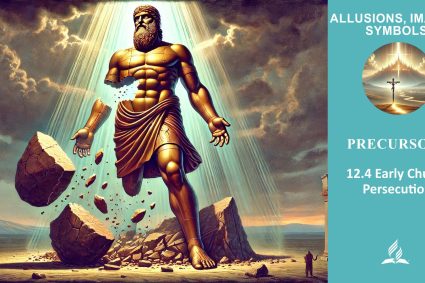

The text about Paul introducing a new God in Athens in Acts 17:24–27 shows how skillfully the apostle sought a new approach to people who were already in some way concerned with spirituality. Here are some aspects of Paul’s approach:
-
Acknowledgment and Praise: Paul began by acknowledging the present spiritual awareness and sincerity of the people in Athens. This created a positive atmosphere and showed respect for their quest for the spiritual, even if they worshiped an unknown God.
-
Study of their Religion: Paul demonstrated that he had studied their faith and found aspects in that study that he respected. This illustrated that he took their beliefs seriously and endeavored to understand their perspective before conveying his message.
-
Sharing of Insights: Paul shared something about their own religion that they admitted not understanding. This showed that he wasn’t simply criticizing their beliefs but was trying to share knowledge and explain.
-
Introduction of a New God: Paul led the people to the concept of a Creator God who does not dwell in a temple and does not require human needs but cares for the needs of people. This was a transformative idea that set apart from Greek mythology and presented a God of love.
-
The Possibility of Knowing God: Paul emphasized that the unknown God he introduced can indeed be known. This emphasis on accessibility and God’s desire for knowledge could establish a deeper connection.
-
Warning of Rejection: Paul concluded his speech with a warning about the consequences of rejecting this unknown God. This shows that he not only presented positive aspects but also pointed to the responsibility of people to accept the knowledge of God.
Overall, this section shows how Paul approached with sensitivity and respect to establish a connection with people and gradually lead them to a deeper understanding of faith. His approach relied on appreciation, study, sharing of knowledge, and the introduction of a God who allows love and knowledge.
Note Paul’s reference to the created world and God as the Creator (see also Romans 1:18–25). Why is this a very good approach for most people, at least initially? What in the created world points so powerfully to God?
Paul’s emphasis on the created world and God as the Creator is a powerful approach, especially initially, for several reasons:
-
Universal Experience: The created world is something everyone can experience. Regardless of one’s background or belief, nature is omnipresent and can be perceived by everyone. This creates a universal experience that forms a common starting point for many people.
-
Simplicity and Accessibility: The beauty and complexity of nature are easily accessible and do not require special knowledge. This makes the approach understandable and appealing to people of different educational levels and backgrounds.
-
Transcendence and Order: Creation points to transcendence and order. The breathtaking beauty and precise laws of nature inspire many people to seek a higher purpose or a Creator who designed this order.
-
Immutable Testimonies: Nature provides immutable testimonies to God’s creation. Unlike human-made things, creation remains largely untouched by human influence, making it a reliable witness to God’s creative power.
-
Spiritual Longing: Many people feel a spiritual longing when contemplating the beauty of nature. The diversity of landscapes, the depths of the ocean, the vastness of the sky can evoke a sense of awe and transcendence, prompting a search for a higher purpose.
-
Connection to Moral Values: Creation often points to moral values such as love, harmony, and environmental protection. These values can inspire people to seek a divine origin for such principles.
In Romans 1:18–25, Paul emphasizes that people can understand God’s invisible qualities through creation. The hints of God in the created world have strong persuasive power as they point to the existence of an intelligent Creator who shaped the world with wisdom and purpose.
Overall, focusing on the created world provides a common starting point for conversations about faith, allows an intuitive connection to spiritual questions, and highlights the power and beauty of the Creator.
(Visited 30 times, 1 visits today)



